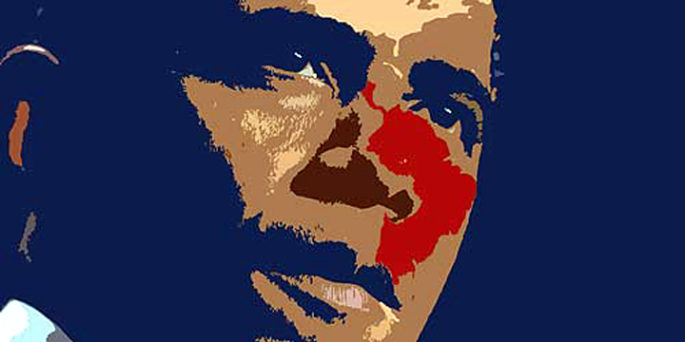
A complicitous silence
Never has the United States been so isolated in the continent as in this century.
When Lula was elected president of Brazil in 2002 and immediately thereafter, at the start of its foreign policy conducted by Celso Amorim, Brazil put the brakes on the signing of FTAA (Free Trade Agreement of the Americas), starting a process of consolidation and expansion of the projects of regional integration that isolated the United States in Latin America as never before .
The election of Néstor Kirchner in Argentina in 2003 allowed the two most important governments in South America to build an axis around which Mercosur strengthened, and Unasur and the South American Defense Council were launched. Finally came CELAC (Community of Latin American and Caribbean States), which put an end to the Monroe Doctrine in Latin America.
Facing that reality, the administrations in Washington tried to encourage alternative poles, such as the Pacific Alliance, centered in Mexico, Peru and other neoliberal governments in the continent, without major success.
After attempting to erect Mexico as a neoliberal alternative in the region, the U.S. saw the government of Peña Nieto fail quickly. The same happened with the government of Sebastián Piñera in Chile.
Meanwhile, Washington acted on the margins available, as it did with “soft coups” in Honduras and Paraguay. In Honduras, the role of Hillary Clinton was decisive, as revealed in the recent Democratic primary debates, when she confirmed her participation in the coup.
Facing isolation in the continent, the U.S. sought to coexist with the governments of Brazil. Obama boasted of his “fair play” when he exalted Lula as “the guy,” in view of the Brazilian president’s irreproachable international projection, but had trouble with Dilma when he tried to justify the illegal wiretapping in the Brazilian government.
Hillary visited Dilma, allegedly to learn about the successful experiences of her social policies, so she could put the progressive varnish on her campaign that she needed to consolidate the support of blacks and Latinos in her quest for victory in the primaries.
The unexpected election of Mauricio Macri opened the door to the U.S. dream to break the axis of integration between Brazil and Argentina.
After refusing to intervene to prevent the absurd and arbitrary action of a U.S. judge in favor of the vulture funds, Obama moved rapidly to visit the new Argentine president to express the United States’ affinity with the new economic policy of the Argentine government and his willingness to open a new phase in the relations between the two countries.
Facing the soft coup now ongoing in Brazil, the silence of the U.S. president and the favorite candidate to succeed him is deafening.
While Obama tries to appear as a defender of democracy facing regimes such as Venezuela and Cuba, we’re witnessing the worst soft coup so far plotted in the continent. Neither Obama nor Hillary can hide that their silence is a sign of approval of the attempt to remove the Workers Party from the Brazilian government by means of a coup.
The dream of rebuilding a neoliberal axis in the heart of South America, like the one that existed during the governments of Cardoso and Menem, seems to be turning into reality in Brazil, albeit in a hypothetical, very precarious and short-lived manner.
It would be the fulcrum needed to isolate and seek the destruction of the governments with which the U.S. has always felt most uncomfortable: Venezuela, Bolivia and Ecuador.
A scandalous complicity with the putschists demonstrates that the empire always knew that the policy of the Brazilian government is essential for the resistance to U.S. domination of the region. It also demonstrates that the empire doesn’t change its positions; it adapts to adverse situations.
But U.S. prestige in the continent is definitely affected, more affected even than the States’ economic decadence, which does not allow it to compete with the far-ranging accords made by China and Russia throughout the region.
The United States’ imperial policies have never stopped embarking in putschist adventures in the region, as proven by today’s shameful attitudes of Obama and Hillary.
(From the Argentine daily Página 12)


